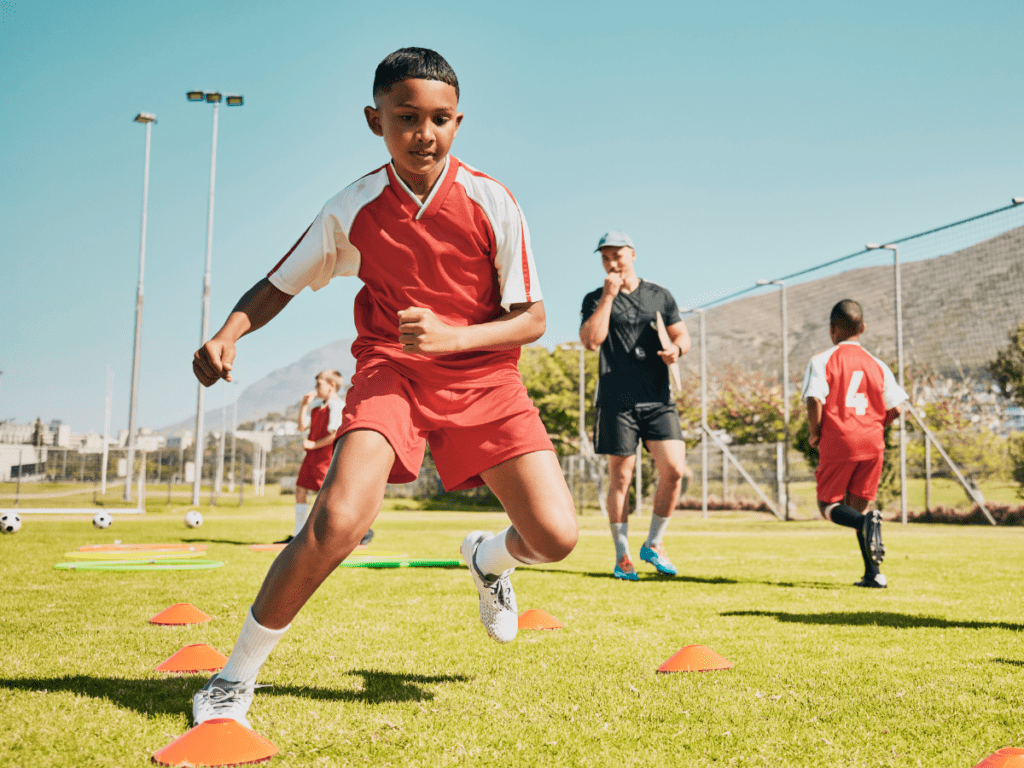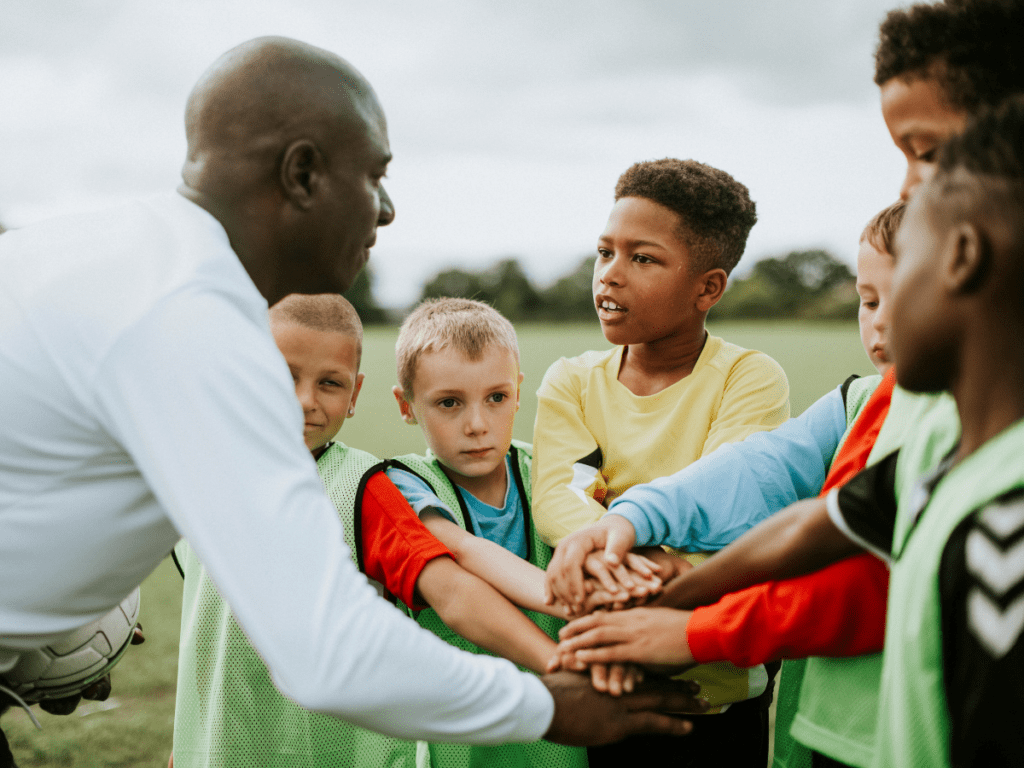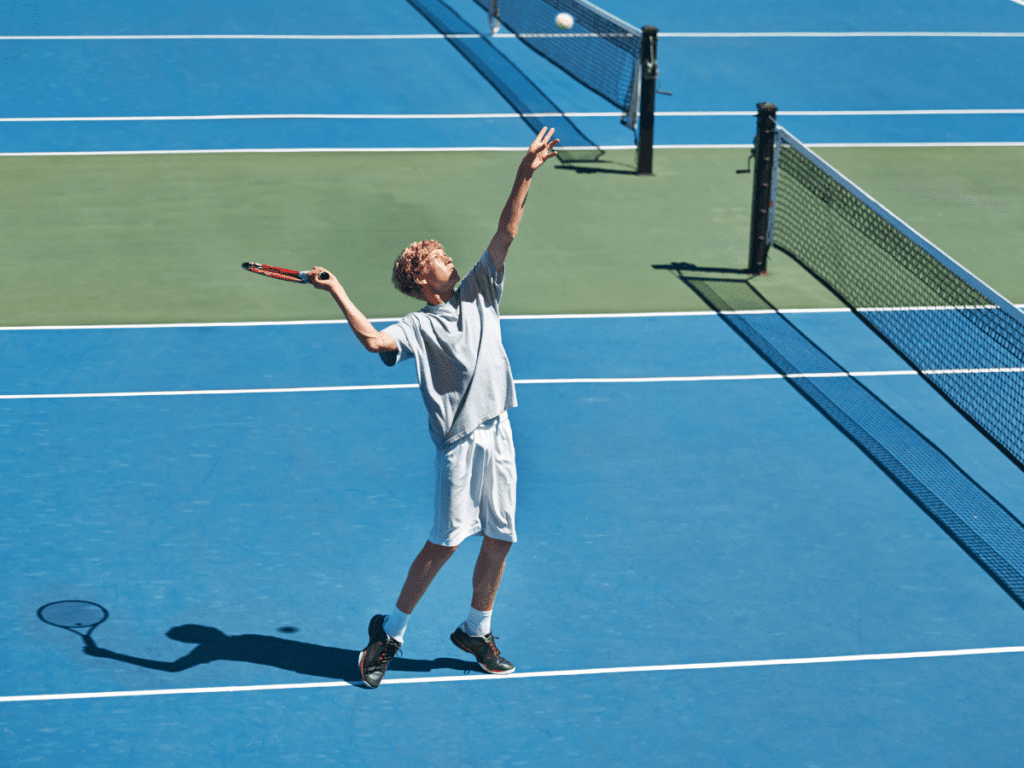Spring 2021 SIRCuit
The Spring 2021 SIRCuit is now available! Spring is in the air and summer is on the horizon—and while the COVID-19 pandemic rages on in many parts of the world (including here in Canada), sports enthusiasts are eagerly awaiting the arrival of the Tokyo Olympic and Paralympic Games. Looking ahead, this edition of the SIRCuit tells compelling stories about how athletes and sport organizations have adapted and thrived in the…
For or Against? The Pros and Cons of Early Talent Identification in Sport

Early Talent Identification (TID) describes the process of identifying, evaluating and selecting athletes for sport programs in early adolescence (ages 10-14). This practice has created a contentious issue in sport. On one hand, early selection may eliminate late bloomers from the system. On the other, resources in sport programs are finite, and can only be…
Teacher-coaches’ influence on the global development of student-athletes: An examination of perceived dual role benefits and challenges

Project summary Youth development research has examined the antecedents, processes, and outcomes that occur in sport contexts. One common finding that consistently emerges is that influential adults, such as teachers and coaches, play instrumental roles in facilitating the developmental process. Most of the past research on teachers and coaches has examined these two roles in…
Verbal feedback
Verbal feedback from a coach during practice can direct an athlete’s focus internally (on body movements) or externally (on the intended movement effect). Research participants instructed to focus externally (e.g. “accelerate the dart” or “hit the target”) outperformed peers who were instructed to focus internally (e.g. “accelerate the forearm” or “hand to target”).
Leadership behaviour
Athletes like Christine Sinclair, Sydney Crosby or Willie O’Ree have exceptional skills; but what distinguishes them as leaders is their behaviour. Great work ethic, showing care for teammates, being accountable, acting in ways that reinforce positive team norms – these are examples of behaviours that help athletes emerge as leaders within a team.
The effects of adolescent physical growth and maturation on selection into sport and the long-term effects on sports participation

Project summary Sport Canada’s Long Term Athlete Development (LTAD) model acknowledges that there are limitations to ensuring appropriate development of team sports, especially with regards to selecting into chronological age (CA) bands. Adolescent of the same CA can be 4 to 5 years apart developmentally (Biological Age; BA). It’s suggested that late maturation could impede…
Pre-exercise hydration
While hydration practices during training and competition are important, new research emphasizes the importance of beginning endurance exercise in a well-hydrated state. Athletes experiencing pre-exercise dehydration showed impaired aerobic exercise performance, peak oxygen consumption, and lactate threshold.
Transactive Memory Systems
Transactive memory is a knowledge sharing system that often develops in relationships or groups where people assume responsibility for different knowledge areas and rely on each other for information. For example, Michael Jordan, Dennis Rodman, Scottie Pippen and Steve Kerr of the 1995-1998 Chicago Bulls had their own specialized skills, but combined for undeniable chemistry…
Benefits of Masters sport
Participation in Masters sport provides a number of physical, psychological and social benefits for athletes, including strength and conditioning, positive perspectives on aging, and strong friendships. Learn more in the SIRCuit.
Injury concealment in rowing
Lower back pain is a common experience amongst rowers. Unfortunately, new research from Trinity College Dublin uncovered a culture of concealment of pain and injury that compelled athletes to hide their symptoms, jeopardizing their physical and mental health. Education for rowers and support staff about the benefits of early disclosure and the creation of a…